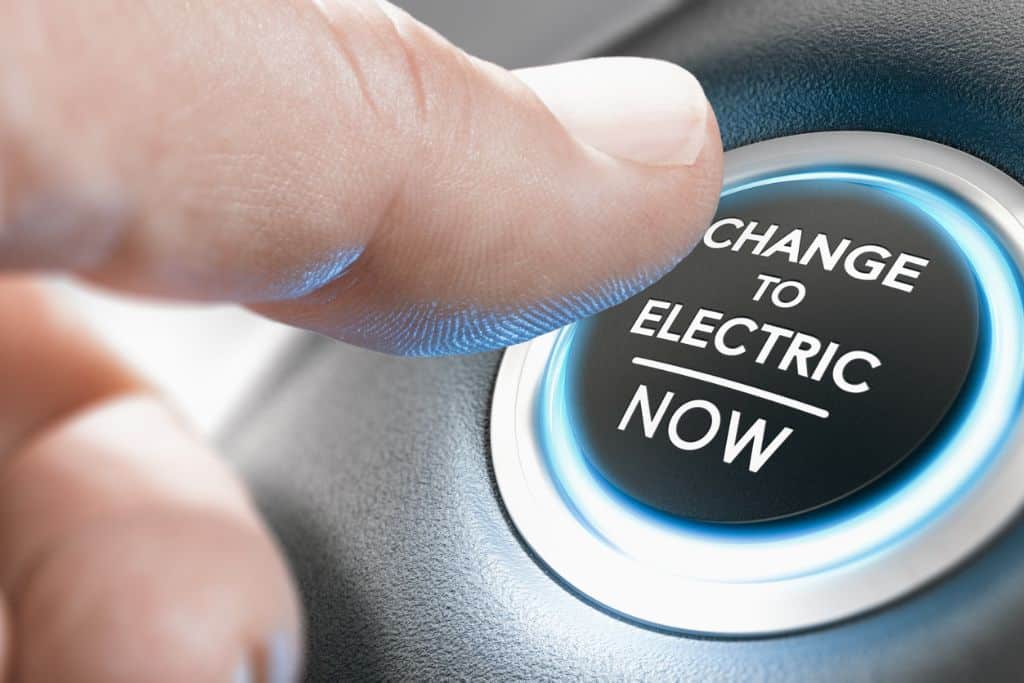There is so much noise surrounding electric vehicles (EVs). If you’re in the market for a new car, you will more than likely have felt the pressure to buy an electric car. But why is that? Well, marketing and advertising tactics have certainly played their part. For a number of years now, we’ve been told that we need to purchase an electric vehicle. We’ve heard that it’s possible to save money with an electric vehicle, that it will rarely need to be fixed, and that we can help the environment. But ultimately, what’s in it for us? At the end of the day we’re looking for a car that works for us, our lifestyle, and our family. The decision between a combustion engine and an electric battery isn’t at the front of our minds. But it is at the front of the minds for some people…the Government.
So why does the Government want us to buy electric vehicles?
Ultimately it’s all to do with climate change. In 2015, the British Government signed the Paris Agreement which is a legally binding contract to fight climate change. They, alongside 196 other countries, said they would do what they could to help reduce, and even reverse, the effects of climate change. This was at COP21 (conference of the parties 21) and the first review was at COP26. Due to the pandemic, this was delayed for a year, but the review was held in 2021.
Knowing these timelines helps us understand why there has been such a push for electric vehicles and infrastructure in recent years. It wasn’t just a case of telling people to buy an electric vehicle, the Government has had to listen and adapt its strategies to give people what they want in order to convince them to buy. So that when the Government’s representatives arrived at COP26 in 2021, they could prove that it was doing its part to fulfil the Paris Agreement.
That being said, in a survey we conducted in January 2023 involving 2,000 car buyers, 62 percent of people think the Government needs to do more to help car owners switch to electric. But why is this? If the Government is desperate for people to buy EVs, why aren’t they making it as easy as possible? Well, since COP26 we’ve faced a huge economic crisis and as always, climate change gets pushed to the back of the agenda.
What has the Government already done for electric car owners?
When electric cars first arrived on the scene, their price tags were high and completely unrealistic for common folk like us. It was a huge investment – and one that was bound to depreciate as more manufacturers brought their models to the market. Originally, you could only buy a Tesla, but now you’ll find electric vehicles in brands like Mini, Honda, Volkswagen, and even Ford. So naturally the initial cost of EVs has decreased, especially with finance agreements coming to an end and trade-ins being made. You can now buy a second hand electric vehicle for as little as £10,000. Did the Government have anything to do with this? We don’t think so.
Another huge transformation we’ve seen since 2015 is the accessibility for electric cars to charge. Think back to 2015. You may have seen a couple of electric charging points in a supermarket car park or big shopping centre. But now, you’ll find plenty in small town high streets, at fuel stations, and other common public areas. In fact, there are more points to charge an electric vehicle in the UK than there are pumps to refuel your combustion engine. We can certainly presume that this infrastructure build is down to the Government and its plans. It’s definitely a strategy that has helped electric car owners.
However, affordability, especially recently, is where the Government has potentially let down electric car owners. For years, the road tax of your vehicle has been calculated based on the number of emissions that your vehicle releases into the atmosphere. Which meant that EVs often had a road tax of £0. But in late 2022, it was announced that as of April 2025, there are plans for this to change and the price will be equivalent to a small petrol car of £165 a year. An economic crisis, more people that even buying electric, and less money being made through road tax. Some would say it was inevitable, but it certainly isn’t helping the electric car user.
Alongside the cost of road tax, energy prices have also surged. Meaning that it has never been more expensive to fully charge your car. Although a full charge will still cost you less than a full tank, in terms of mileage, the two have never been closer. Will this have an impact on electric car sales? We’ll see.
If you’re looking to buy an electric car with car finance, please contact the team at ChooseMyCar. Even if you have no deposit or have bad credit, we can help you secure your next car.






